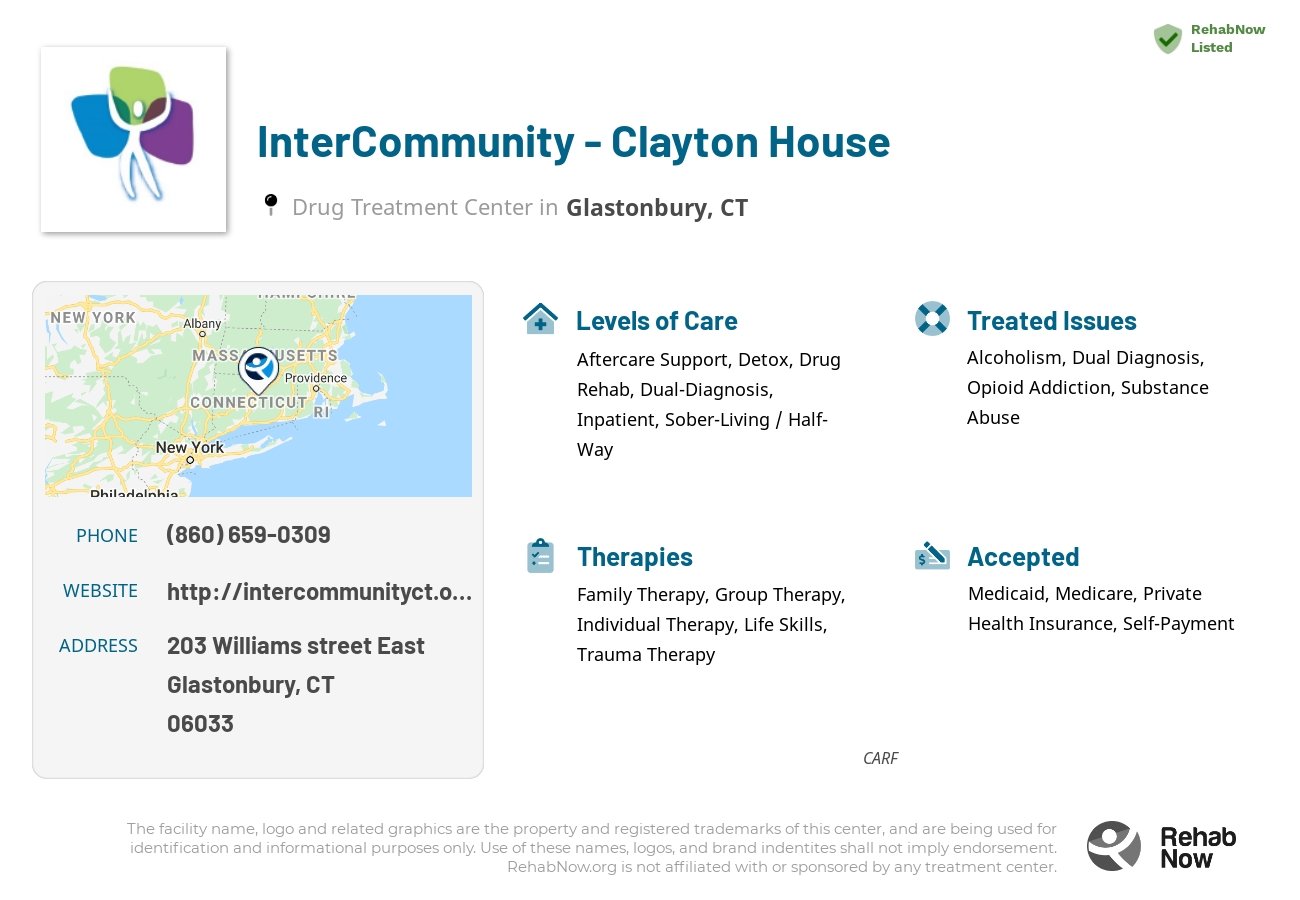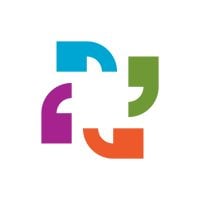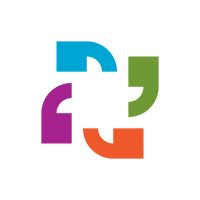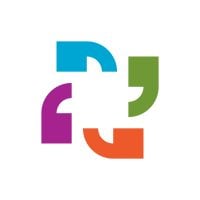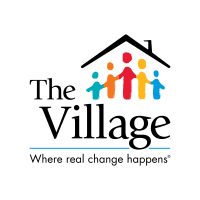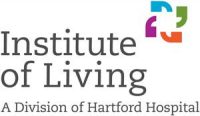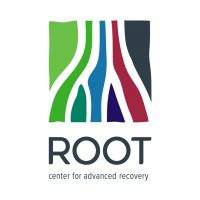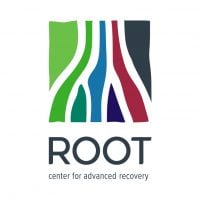InterCommunity - Clayton House
Drug Rehab Center in Glastonbury, Connecticut
InterCommunity - Clayton House in Glastonbury, Connecticut is a private, not-for-profit residential treatment center that offers comprehensive evaluations, therapy, educational classes, and activities to individuals with substance abuse addictions, providing both short-term and long-term treatment options, as well as aftercare programs and support services.
About InterCommunity - Clayton House in Connecticut
InterCommunity - Clayton House, located in Glastonbury, CT, focuses primarily on providing intermediate residential substance abuse treatment. This facility caters to 15 adult men and women, offering a unique program that blends full-time employment with evening therapeutic sessions for a holistic recovery approach. Its primary mission is to serve the central Connecticut community with reliable health and wellness services.
Accredited by CARF, InterCommunity - Clayton House upholds high standards of care for individuals battling addiction. Residents engage in a comprehensive treatment regimen, aiming for a maximum stay of six months to foster sustainable recovery while re-integrating into the workforce and society.
- Innovative Treatment Model: Combines full-time employment with evening therapeutic programs for a well-rounded recovery process.
- Comprehensive Care: Offers a wide range of services including detox, dual diagnosis care, and aftercare support to address all aspects of addiction.
- Holistic Approach: Focuses on physical and mental health assessments to create individualized care plans, emphasizing a balanced recovery journey.
At InterCommunity - Clayton House, individuals struggling with alcoholism, opioid addiction, and dual diagnosis conditions find a suite of treatments tailored to their needs. This includes individual and group counseling, relapse prevention techniques, and life skills workshops, all delivered within various levels of care such as inpatient, residential, and outpatient services.
Genders
Ages
Modality
Additional
Accreditations

CARF
The Commission on Accreditation of Rehabilitation Facilities (CARF) is a non-profit organization that specifically accredits rehab organizations. Founded in 1966, CARF's, mission is to help service providers like rehab facilities maintain high standards of care.
Conditions and Issues Treated
It’s not easy getting sober on one’s own, or even going to rehab and escaping the grasp of addiction by oneself. Substance abuse treatment gives addicts a place to stay sober while learning what it takes to quit for good. They will learn from others about what works and what doesn’t work with remaining drug-free.
Treatment centers such as InterCommunity - Clayton House focus on the needs of individual addicts to heal them. There is a combination of physical and mental therapies that treat the root cause of the addiction, whether it be family problems, stress, or past traumatic events.
The final benefit of substance abuse treatment is introducing new people who can help in your recovery after you leave InterCommunity - Clayton House. Through group therapy sessions with other addicts and attending support meetings once a day, a person will learn how to interact with others and cope with cravings. This is a chance for you to rebuild your social circle healthily after you leave treatment.
Opioid addiction starts when a person becomes addicted to legal or illegal opioids. The addiction can happen quickly, in just a matter of days. Opioid withdrawal can be extremely uncomfortable and lead the user to continue to use even if they want to quit. Stopping using an opioid requires medical observation. Sometimes inpatient treatment with a medically supervised detox is necessary for managing the withdrawal process while learning lasting tools for maintaining recovery. Medications may be used in some cases of opioid addiction.
Opioid addiction is one of Connecticut‘s most prominent forms of addiction. It’s treated by detoxifying the body so that the chemicals from the medications no longer impact them and by therapies to correct behavior and target the root of the problem.
Recovery is not simply about stopping drug use. Recovery is working with addiction while recovering mental health issues that are fueling the addiction in the first place.
Levels of Care Offered
This center offers a variety of custom treatment tailored to individual recovery. Currently available are Aftercare Support, Detox, Drug Rehab, Dual-Diagnosis, Inpatient, Residential, Sober-Living / Half-Way, with additional therapies available as listed below.
Detox is the first step of rehab. It involves giving a person time to get the toxins out of their body. During detox, the patient gets ill and they will often start using again to get rid of these unpleasant feelings. That’s why it’s so important to have a Glastonbury medical professional at InterCommunity - Clayton House present. A Connecticut medical professional will make sure patients don’t start using during detox. They will also provide medication to ease their symptoms and coach them through on a mental level.
Individuals who are suffering from severe addiction or have a high risk for dangerous health concerns are often recommended to receive inpatient treatment.
Choosing to enter an inpatient treatment program is beneficial for people who are suffering from severe addiction, or who have a high risk for dangerous health concerns.
Inpatient treatment is beneficial for:
- People who have a history of severe withdrawal.
- People who have attempted to overcome addiction on their own without success.
- People who have a history of relapse, or have recently relapsed.
- People at risk for drug overdose or withdrawal-related complications.
- People with medical conditions that are worsened by drug or alcohol use.
Sober living homes (abbreviated SLHs or sometimes sober houses) are temporary housing for recovering addicts. The typical SLH functions as a halfway house, providing a stable living environment for addicts in recovery. While at an SLH, residents typically meet with various therapists on site and attend regular 12-step meetings as well as other recovery group meetings.
Residential treatment programs are those that offer housing and meals in addition to substance abuse treatment. Rehab facilities that offer residential treatment allow patients to focus solely on recovery, in an environment totally separate from their lives. Some rehab centers specialize in short-term residential treatment (a few days to a week or two), while others solely provide treatment on a long-term basis (several weeks to months). Some offer both, and tailor treatment to the patient’s individual requirements.
Aftercare support should take place after outpatient treatment has ended. There are a few different types of aftercare support that patients can seek. These include 12 Step, Self-help groups (AA, NA), Therapeutic communities, Long-term, structured sober living arrangements, and Halfway houses (residential treatment centers).
Therapies & Programs
Individual therapy involves one-on-one sessions between the patient and therapist. It provides patients with a safe environment to openly discuss personal and sensitive issues with the therapist. They find the therapist as someone they can trust. Individual therapy aims to identify the core issues that would have led the patient to substance abuse and address them effectively. The therapist can develop patient-specific customized solutions through individual therapy, which aids speedier recovery.
Family therapy is a group problem-solving that aims to improve communication and relationships between the addict, their family, and sometimes friends. The main goal of family therapy for drug addiction is to create an environment where communication can occur without judgment, hostility, or blame. The therapist is with the family as they learn to communicate differently, especially with the addict when s/he is using. The family can learn to reduce their enabling behavior or rally together and support each other during tough times.
An addict’s family can play a vital part in helping them to avoid relapse because they can spot the warning signs and help them get back on track before it becomes too much of a problem. Family therapy is one of the most effective ways to help addicts stay on the path to long-term sobriety. When a drug addict decides that they want to try and get sober, it takes the support of every person they love to succeed. It can be incredibly difficult for loved ones to watch an addict go through the pain and suffering of withdrawal, but by being there with them and supporting them, they can help to make sure that the addiction never returns.
Groups typically involve meetings with other recovering addicts who can relate to one another’s experiences. They might meet in person or online and typically focus on the process of staying sober rather than overcoming a specific addiction.
In these groups managed by InterCommunity - Clayton House, addicts can build a sense of community and develop strong emotional connections with others who understand what they are going through. These beneficial relationships can help addicts overcome their cravings and prevent relapse at any point during the recovery process.
In general, trauma therapy is a clinical process that helps individuals deal with mental stress often caused by traumatic events. The therapist helps the person identify, understand, and work through the problem. This is done with the help of talking about it in group or one-on-one counseling sessions. Therapists use relaxation, role-playing, art, and music to help the person open up about what is bothering them.
There are many different types of trauma therapists, such as psychiatric nurses and counselors. Not everyone is a good candidate for this type of therapy; it is generally reserved for people who have recently experienced a traumatic event and struggle to get over it. It is often done for children, teenage victims of sexual assault, and war veterans.
Since addiction is a chronic physical and mental illness, addicts need to learn as many life skills as possible. Many drug treatment centers offer life skills activities as part of their addiction recovery programs. Examples include cooking classes, employment training, resume writing seminars, parenting classes, and computer training. Life skills activities help addicts find employment, take care of their families, and give back to the community.
Payment Options Accepted
For specific insurance or payment methods please contact us.
Is your insurance accepted?
Ask an expert, call (888) 674-0062
InterCommunity Associated Centers
Discover treatment facilities under the same provider.
- InterCommunity Healthcare in East Hartford, CT
- InterCommunity - Coventry House in Hartford, CT
- InterCommunity in Hartford, CT
- InterCommunity - Recovery House in Hartford, CT
- InterCommunity - Blue Hills Avenue in Hartford, CT
Learn More About InterCommunity Centers
Additional Details
Specifics, location, and helpful extra information.
Glastonbury, Connecticut 6033 Phone Number(860) 659-0309 Meta DetailsUpdated April 15, 2024
Staff Verified
InterCommunity - Clayton House Patient Reviews
There are no reviews yet. Be the first one to write one.
Glastonbury, Connecticut Addiction Information
Connecticut has a higher rate of substance abuse and addiction than the national average. The state ranks in the top 10 in the country for illicit drug dependence among those ages 18 to 25. In 2010, there were 9,211 people admitted to an alcohol treatment facility for alcohol abuse combined with a secondary drug. Connecticut ranked fifth in the United States of America for the number of fatalities involving drunk driving in 2014.
Around 9,000 people abuse or are dependent on drugs in Glastonbury, Connecticut. Drug overdoses are the leading cause of injury death, surpassing car accidents as the number one cause of accidental death in 2015. Heroin is the fastest-growing drug problem in the area. The first step in finding the best drug rehab for someone looking to get sober is to understand the available treatment types.
Treatment in Nearby Cities
- Litchfield, CT (30.6 mi.)
- Windsor, CT (10.5 mi.)
- Bridgeport, CT (47.5 mi.)
- Milford, CT (40.7 mi.)
- Chester, CT (21.8 mi.)
Centers near InterCommunity - Clayton House
The facility name, logo and brand are the property and registered trademarks of InterCommunity - Clayton House, and are being used for identification and informational purposes only. Use of these names, logos and brands shall not imply endorsement. RehabNow.org is not affiliated with or sponsored by InterCommunity - Clayton House.



